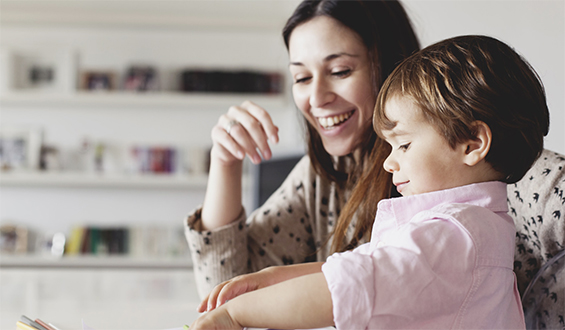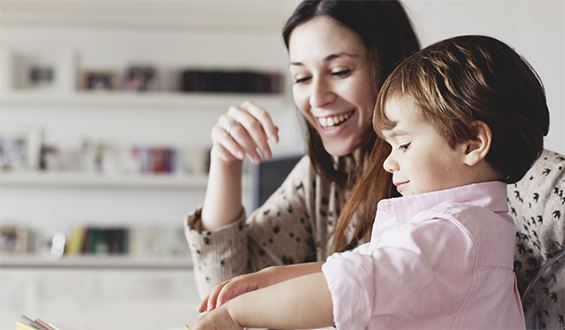
A new study conducted at the University College London (UCL) suggests that parental attitudes toward children could affect that child’s happiness and lifelong satisfaction.
Participants included 5,362 British people between the ages of 13 and 64, all of whom are part of the Medical Research Council (MRC) National Survey of Health and Development (NSHD). The survey has been observing this group since they were born in March of 1964. Of the group, 2,800 remain under active follow-up while complete data was recently made available from 2,000 people between the ages of 60 and 64, writes Charlie Cooper for The Independent.
Adult participants answered survey questions looking back on the behavior and attitude of their parents from before they had reached 16 years old.
In order to determine the level of parental bonding, survey participants were asked to agree with a number of statements, such as “appeared to understand my problems and worries.” The level of psychological control was determined through statements like “tried to control everything I did,” while behavioral control was measured through phrases such as “let me go out as often as I wanted.”
The study controlled for a number of factors including parental separation, childhood social class, maternal mental health and personality traits of participants.
Researchers found that parents who held a higher level of psychological control over their children resulted in a lower state of mental well-being for the children when they reached adulthood. The most significant dip was found to be between ages 60 and 64. The effect was so high that researchers compared it to experiencing the death of a close friend or relative.
Dr. Mai Stafford, reader in social epidemiology in the MRC Unit for Lifelong Health & Ageing at UCL, explains: “We found that people whose parents showed warmth and responsiveness had higher life satisfaction and better mental wellbeing throughout early, middle and late adulthood.”
Parents who exhibited a higher level of psychological control over their children were more likely to not allow them to make their own decisions or have their own way. These parents were also more likely to invade their privacy and create an environment in which their children learn to become dependent on them rather than fostering their child’s independence.
Previous studies have shown that children who share a secure emotional bond with their parents are better able to form other secure attachments later on in their adult life.
“Parents […] give us a stable base from which to explore the world, while warmth and responsiveness has been shown to promote social and emotional development. By contrast, psychological control can limit a child’s independence and leave them less able to regulate their own behavior,” said Dr. Stafford.




